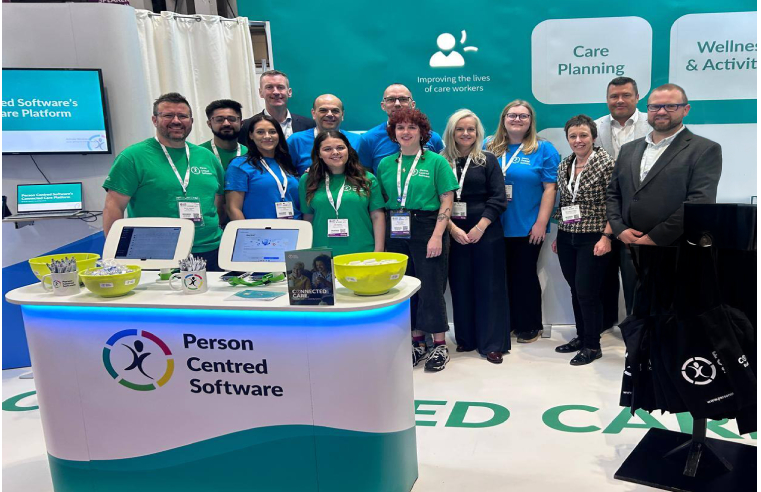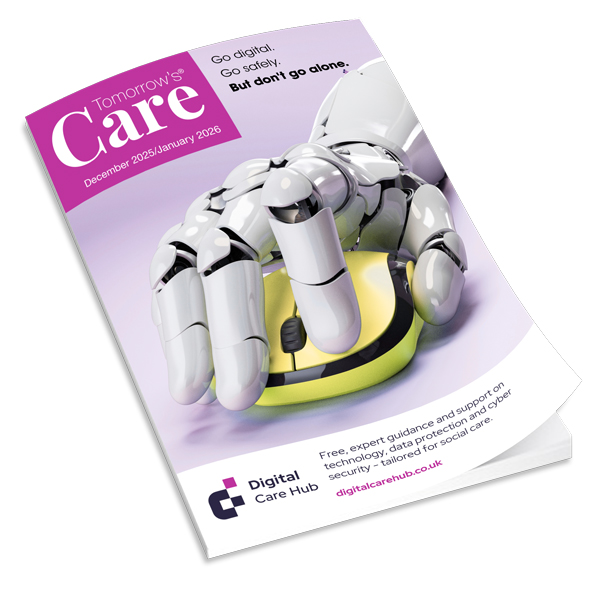A new report published by the Public Accounts Committee (PAC) has accused the Government of being “slow, inconsistent, and at times negligent” in their approach to social care in the COVID-19 pandemic.
The report makes sobering reading and states that the government handling of the pandemic in social care exposed the “tragic impact” of “years of inattention, funding cuts and delayed reforms”, leaving the sector as a “poor relation” that has suffered badly in the pandemic.
The findings of the report do not come as a surprise, as it mirrors the demands from the sector to government. There is much in the report that has shifted in relation to the social care response, but the core fact remains that government was too late to identify and act on the absolute pressures on social care and the very real frailty and vulnerability of those receiving care to the vicious nature of COVID-19.
Vic Rayner, Executive Director at the National Care Forum, which represents care and support providers in the not-for-profit sector, said: “Care providers have proved themselves to be agents of change in the face of government inaction. Particularly in relation to accessing Personal Protective Equipment (PPE), where the report shows that providers were essentially left to manage for themselves, purchasing individually against not only the collective buying power of the NHS, but also the rest of the world. The fact that PPE was sourced under extremis has been down to the grit and determination of providers to ensure that they had the right PPE to protect those they care for and their workforce.
“We believe that there has been huge amounts of learning – both about how the virus transmits – and about how to offer care and support in a COVID-19 context. The importance of the PAC report, and learning from other government committees is that it emphasises in the face of further outbreaks that both local and national government must never again view social care as an afterthought to health. The core functions that sit with government around access to PPE, testing, support for the workforce and the right level of funding must be central to the social care task force focus.”
In its most recent policy brief on 24th July, the World Health Organisation (WHO) has released a plan for ‘Preventing and managing COVID-19 across long-term care services’ where they outline the challenges faced by countries across the globe. It is of note that many parts of the world faced the same struggles as the UK government. However, what is also clear is the direct impact of government policy – recognising that around the world – long term care provision is under prioritised and suffers from underfunding, lack of accountability, fragmentation and poor coordination between health and long-term care and an undervalued workforce.
Rayner continued: “The fact that we are not alone in this is not reassuring – but does provide a very positive goal for a government so keen on being ‘world beating’. The opportunity to learn from COVID-19 and produce a ‘world beating’ social care offering to UK citizens should be the ambition of not just the short term COVID response, but also the long-term reform agenda.
“One of the strongest learning points from the World Health Organisation is around the need for governments to have made some very early identification of the need for testing in adult social care. It is therefore particularly galling to see the PAC represent government policy towards testing being as one almost wholly driven by supply, rather than by need. I have previously described the increased focus on social care testing as an ‘opportunistic land grab’ where social care picked up additional testing capacity as and when it became available, rather than capacity being scaled up to meet need, and the PAC findings reflect that.”





















